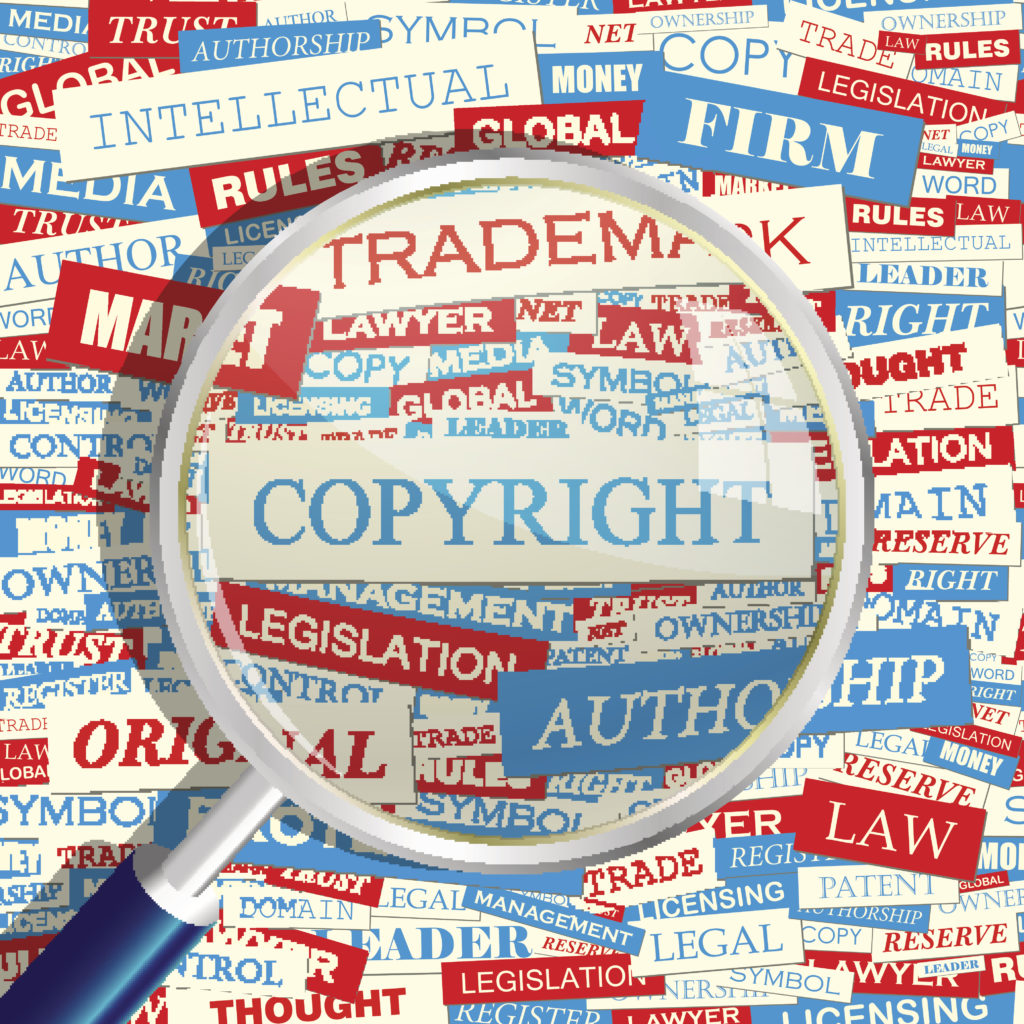
A current favourite article of the press is the story of a monkey “selfie”.
The story revolves around David Slater, a photographer from the Forest of Dean, who argues that he owns the copyright in a photograph taken by a Macaca monkey.

The photo was then uploaded onto Wikipedia, who now refuse to take the image down on the ground that Mr Slater doesn’t own the copyright.
To understand why Wikipedia argue that Mr Slater doesn’t own the copyright in the image, it is important to understand how those rights come into existence in the first place.
Copyright is an automatically occurring right which protects, amongst other things, artistic works (such as the monkey selfie, or any selfie for that matter). The creator of that work is, with only two exceptions, the automatic owner of the copyright which is created.
There are exceptions where the creator does not automatically become the owner of the copyright in the work. The two most common are:
- Where the creator is an employee who, in the conduct of their employment, create the work; and,
- Where the creator has signed a legally binding agreement of assignment, which means that the copyright is transferred to a recipient (assignee).
Applying the above, we can be pretty certain that the monkey who took the selfie:
- Is not employed to do so; and,
- Has not signed a legally binding agreement assigning their rights to a third party.
To that end, the monkey appears to own the copyright in the selfie. Obviously, we are simplifying the factual and legal tests and, of course, an animal cannot legally own property (tangible or otherwise) under English law.
The lesson that can be learnt from the above is that you shouldn’t automatically assume that you own the rights in works which are created for you. This doesn’t just apply to photographs – things like copy, web designs, marketing, branding and fonts will all be owned by the third parties who create them. You should therefore check, before using the material, that you have an assignment of the rights or a licence (i.e. permission) to make use of those materials. If you do have a licence you should also carefully check the terms.
Stephens Scown offers a free review of the intellectual property in your business, including advice on copyright ownership, assignment and licencing. Our IP MOT service is provided without obligation or cost.
